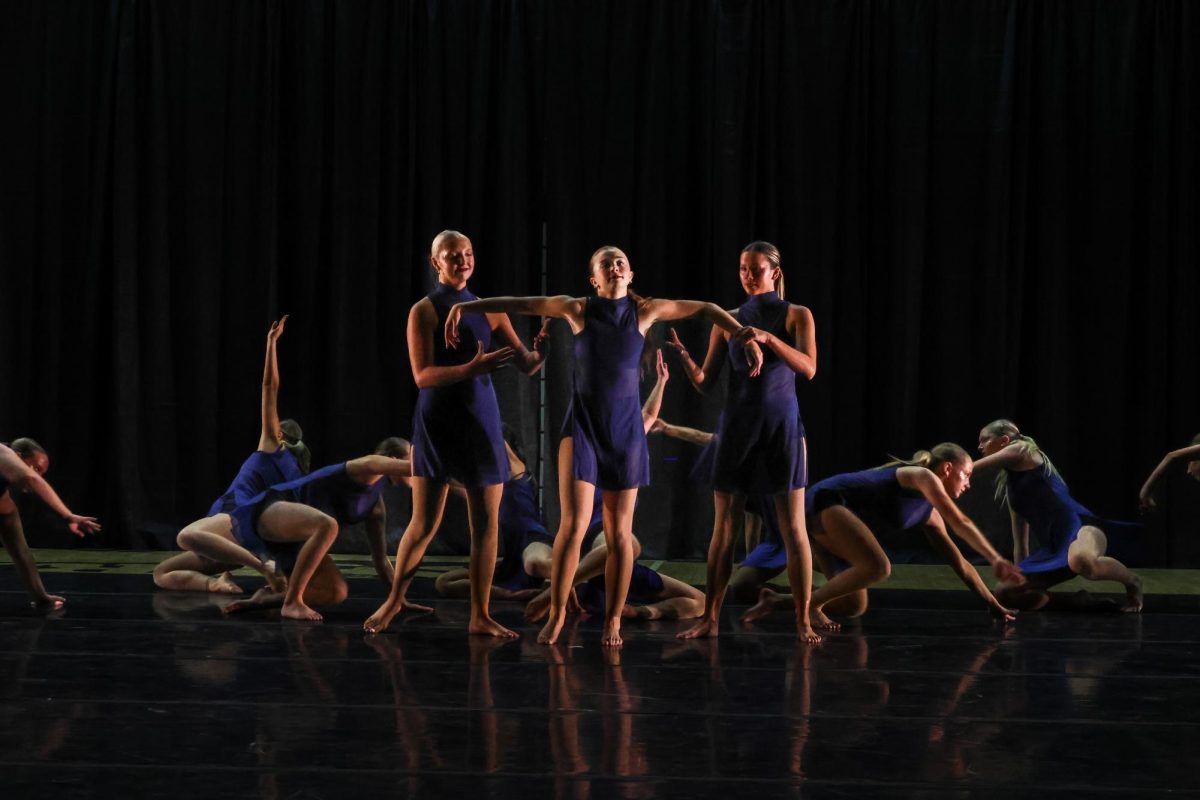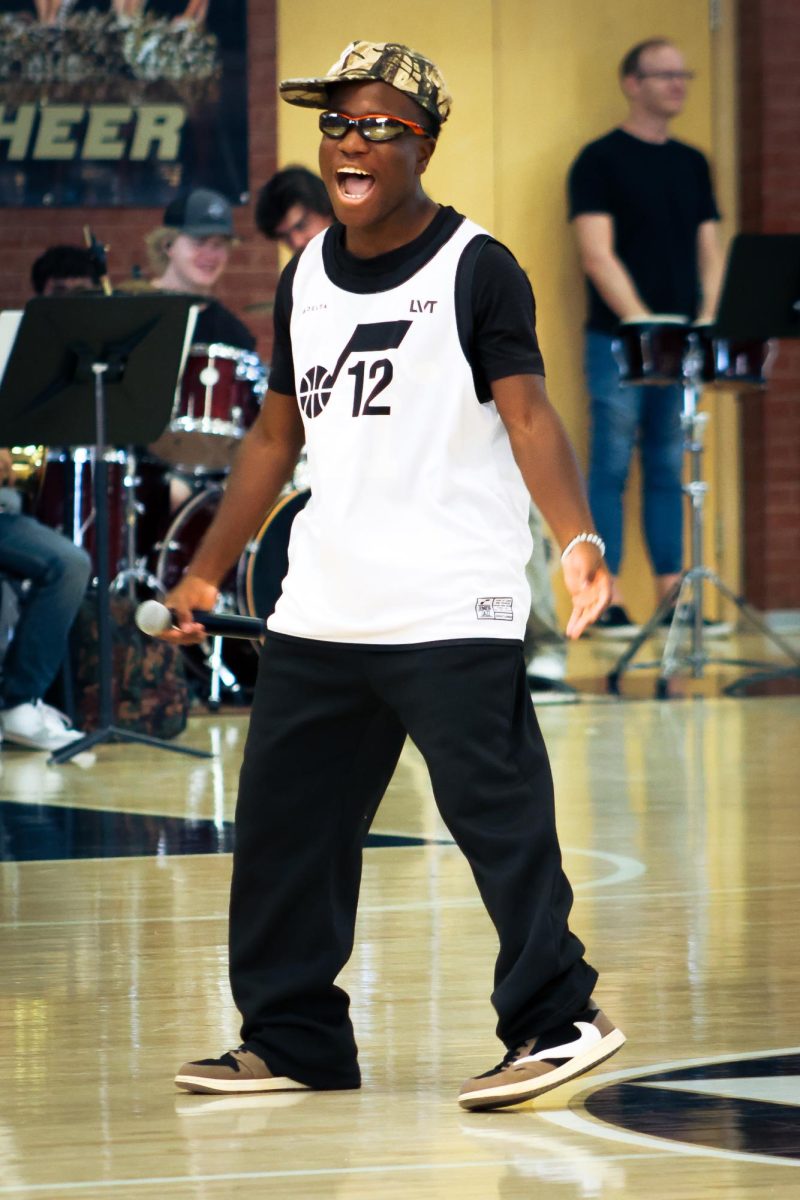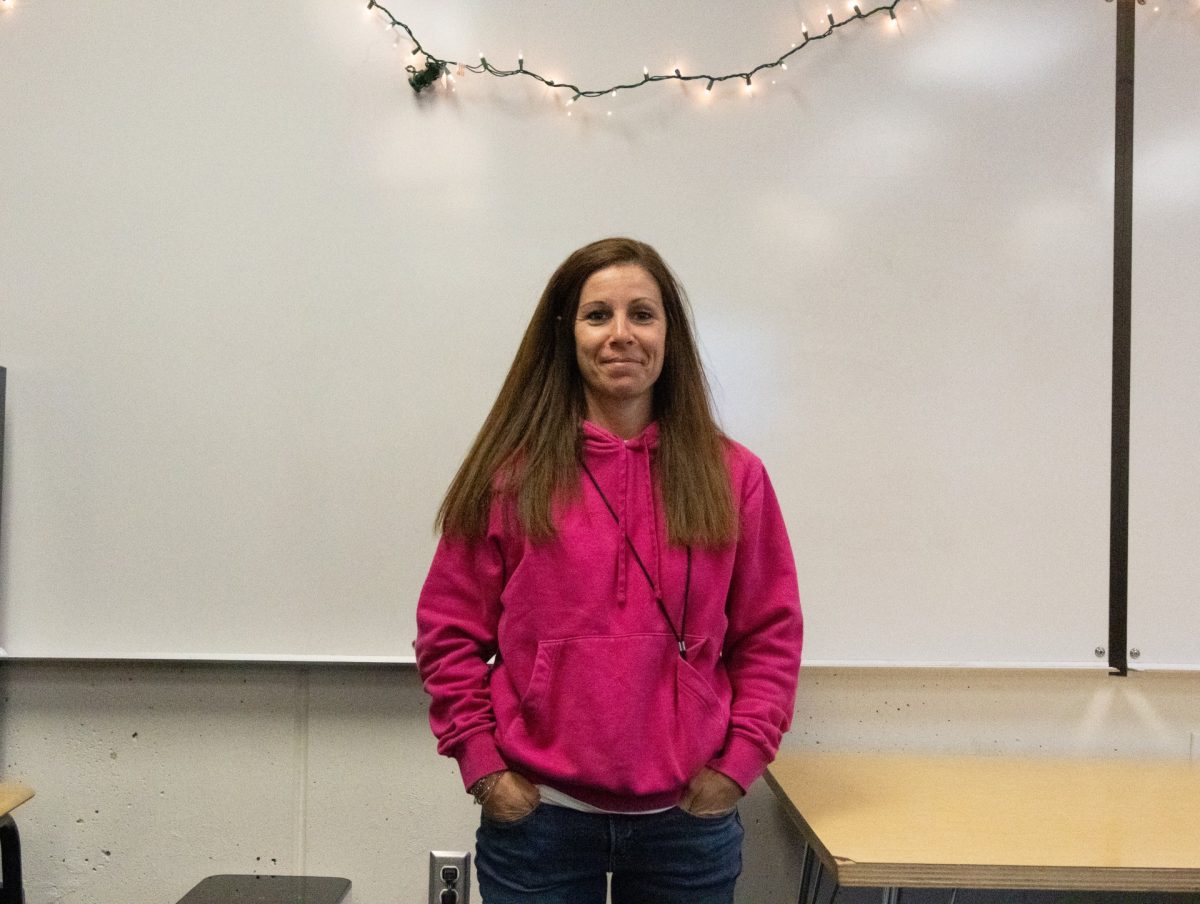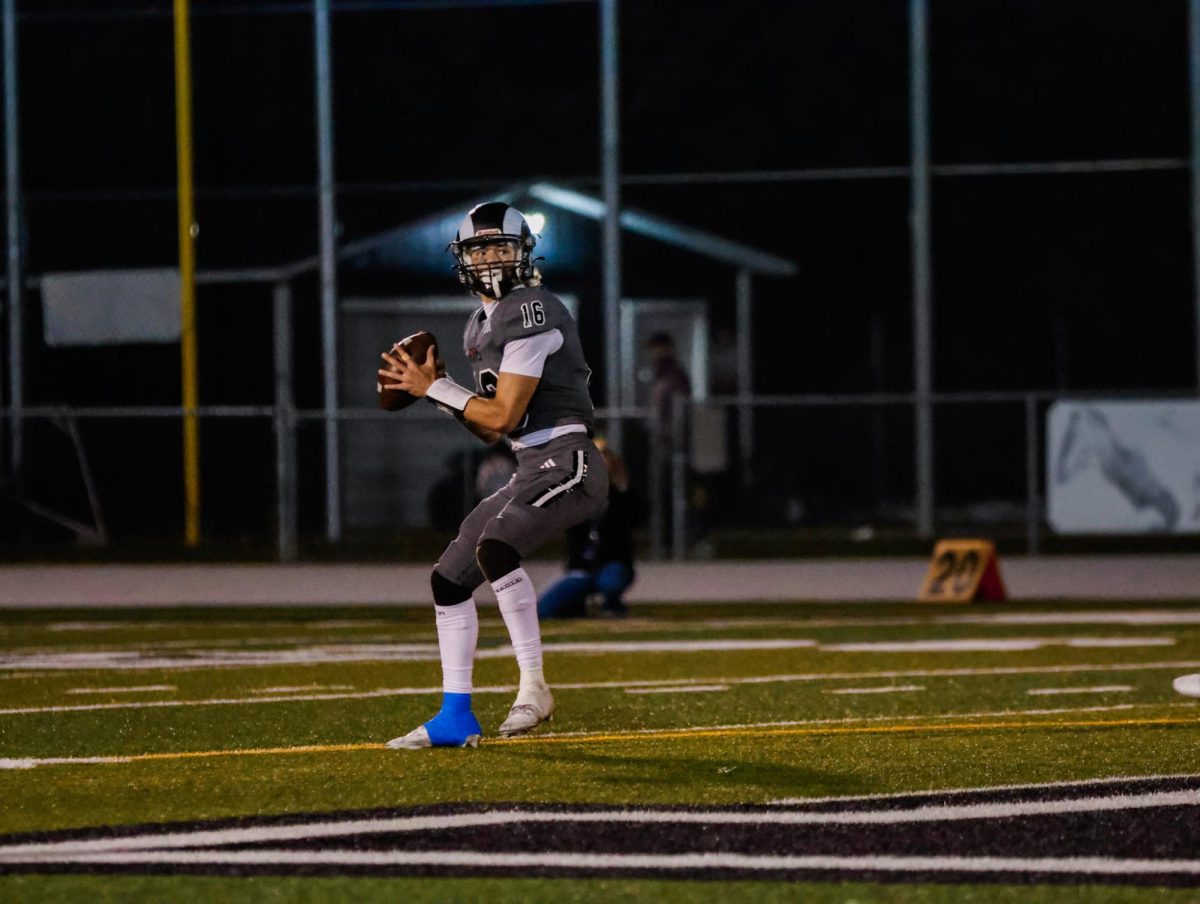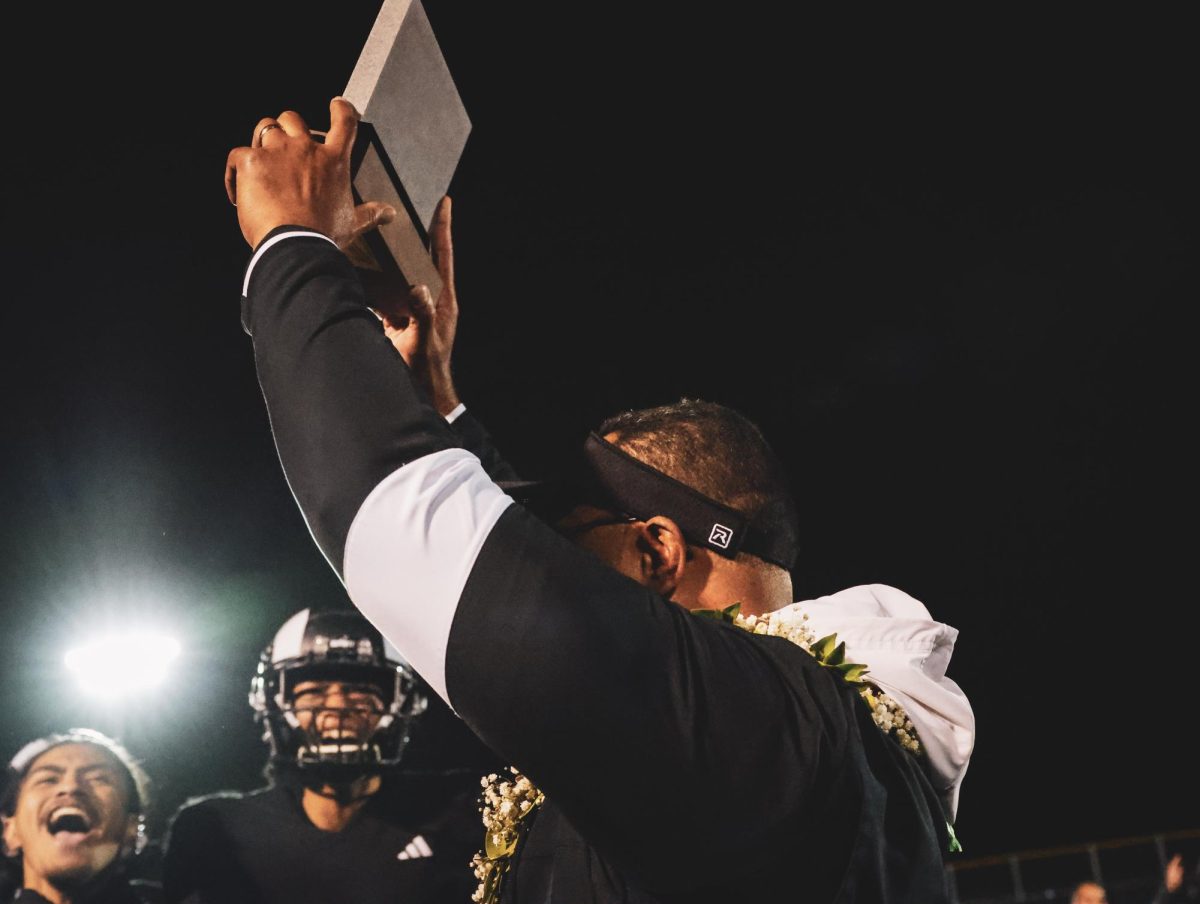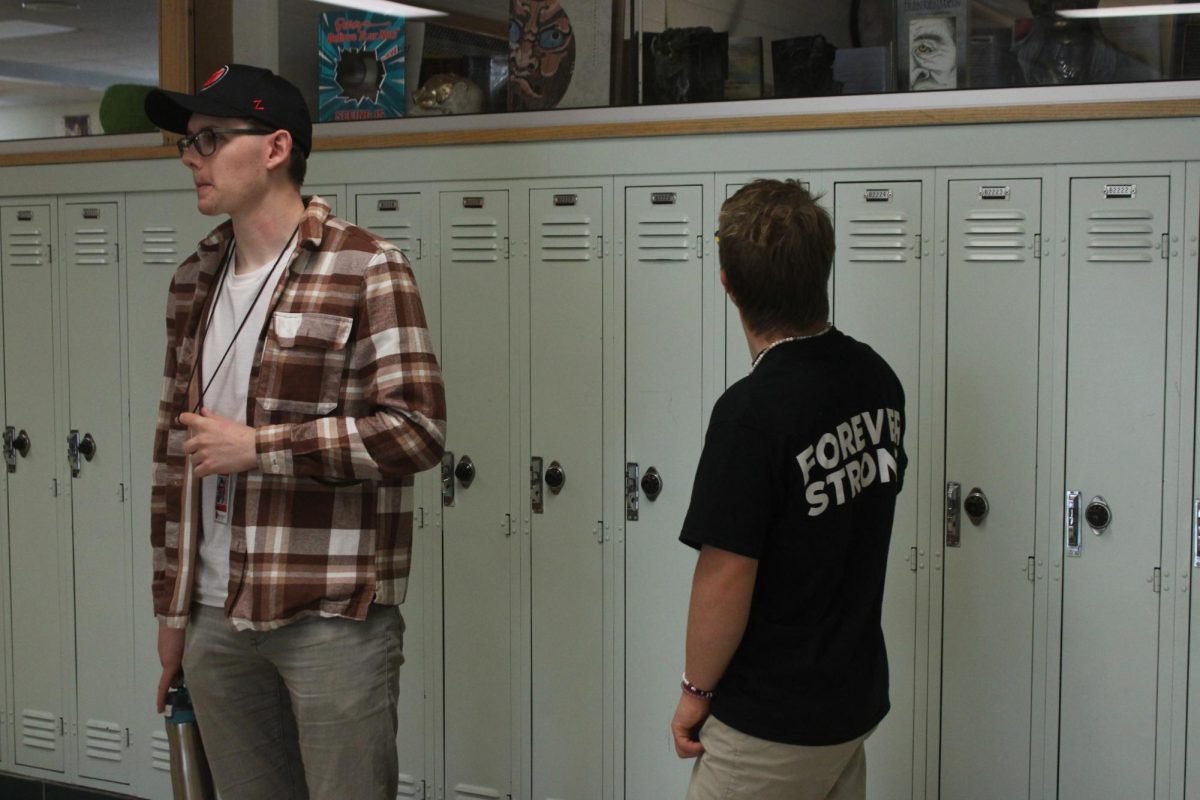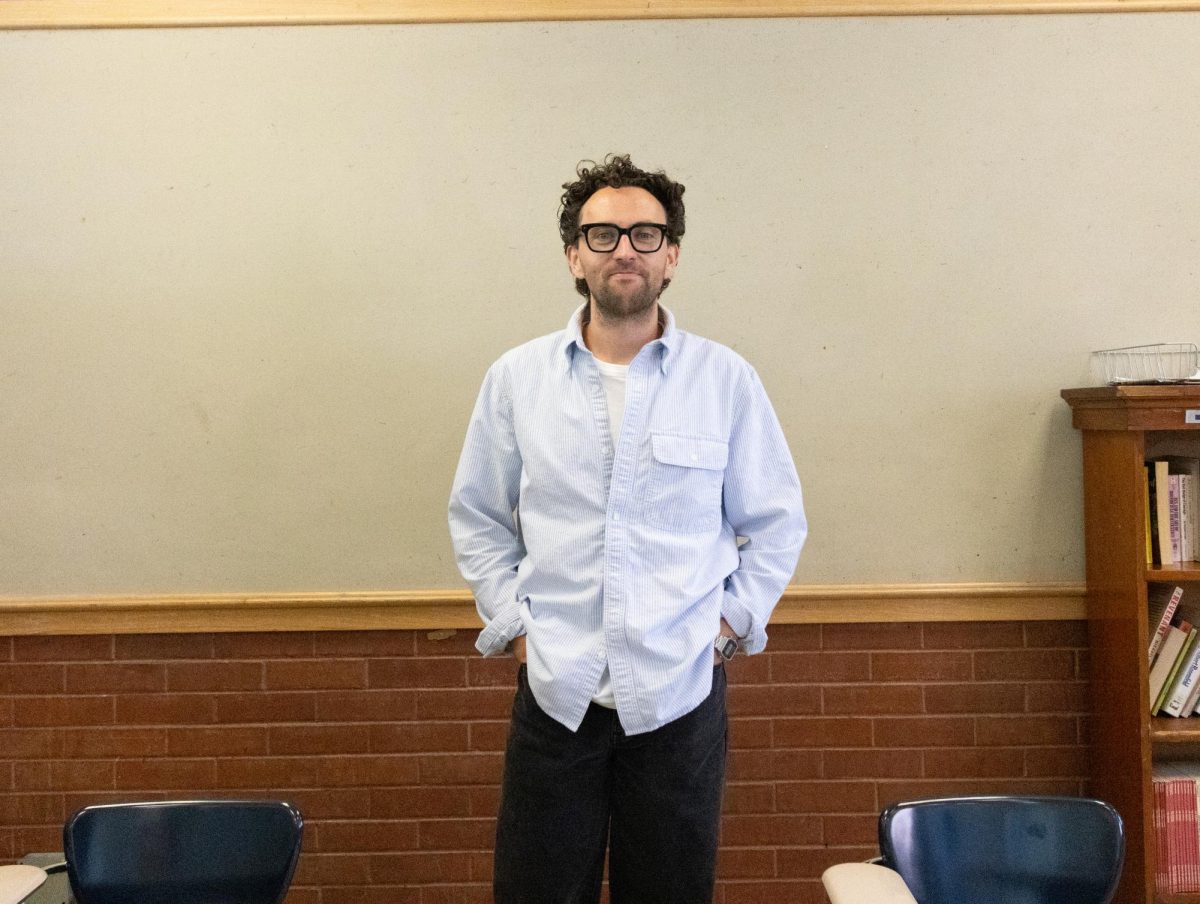Imagine a student struggling to understand her teacher, putting her head down, and sighing in frustration. Due to the teacher having too many students to personally reach that student in the moment, she is left confused, falling further behind.
Now imagine if that student had immediate, personalized help. Someone to turn too that can explain the work in a kind and supporting manner with unwavering attention. This is where the Highland peer tutor steps in.
Peer tutoring is an elective class offered at Highland. It is combined with a special education class, where the tutor supports the teacher and paraprofessionals however needed. Most of this means helping students who need it, right when they need it.
While the peer tutor program has been around for many years at Highland, it is still not well known or understood. But those who know it best—the teachers and tutors—consistently praise the program.
The tutors develop real-world skills and increase their empathy and capacity for kindness. The special ed students, interestingly, are often more receptive to their peer tutors than their trained teachers. All the while, this decreases the workload and stress of teachers—giving them more time to give attention to students.
Special education teachers—those with the most experience with the program—have a unique and objective perspective as to how tutors function in classes. For instance, Highland teacher Maggie Jarratt believes that tutoring provides practical work skills for work in high school and beyond.
“It’s kind of like a customer service job…like listening, patience, and knowing where to push, knowing where to back off. Those are really solid skills that students get to practice,” Jarratt said.
Special education teachers also observed that Highland special education students learned differently from peers than from their adult teachers.
“[The students] would prefer a peer to a teacher sometimes in the regular classroom,” Highland teacher Sarah Nichols said.
The combination of peer tutoring and adult teaching provides more tools in the proverbial toolbox of the special ed department and are complimentary.
While the benefits may all sound academic, they also touch the heart. Peer tutoring forms tender friendships and genuine connection. The relationships are not one way; tutors receive as much as they give.
“Peer tutors receive more than they give by tutoring, it gives you the joy of helping others and doesn’t require much work, just attention,” sophomore peer tutor Jonah Archibald said.
The day-to-day life of the peer tutors is in direct conjunction with the special education department. The special education program is made up of several different classrooms with each classroom having a teacher and several paraprofessionals. For first period the peer tutors work in their separate classrooms, assisting a few specific students or just helping everyone.
“Every class is really fluid,” Archibald said. “We help everyone and with everything.”
But not every period has peer tutors. Second and third periods don’t usually include peer tutors, because those periods generally have out-of-school activities such as library visits or walks in the park.
So, tutors are typically found in first and fourth periods. First period is a normal class and fourth period is an “out” period, which means that the special education students fill that slot with a regular elective of their choosing—like pep club or photography—with a tutor accompanying them.
Getting involved is simple. To become a tutor at Highland, students sign up for an elective class as a tutor in a special education class during the next year’s class registration. Expectations for peer tutors are simple: be patient, kind, respectful, and help the students to learn. Know that the benefits will far outweigh what little discomfort students may feel.
“Without our peer tutors, we would have less inclusion [which] is scientifically shown to help the students who have disabilities that are being included, [and] also the students who don’t have disabilities,” Nicholls said. “Diversity is good.”
Peer Tutor Program Benefit Students And Teachers
Thomas Hall, Staff Writer
November 5, 2024
Connor Webb (left) is one of Highland’s peer tutors.
0
